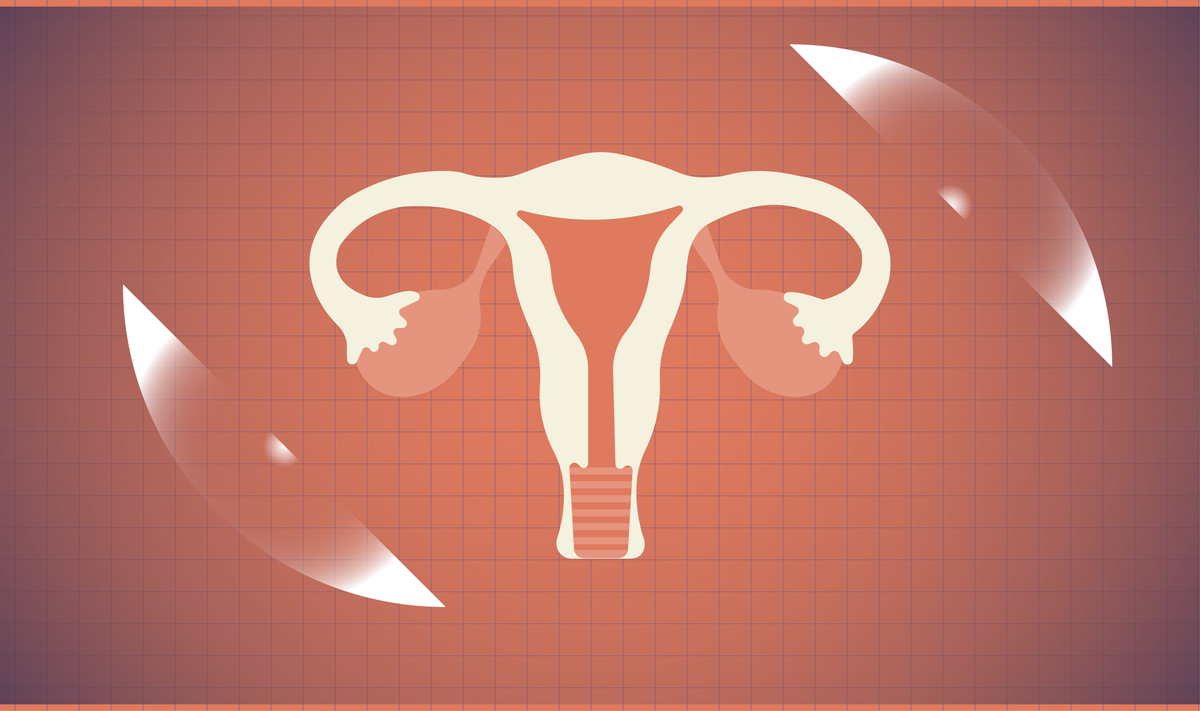False claims that mifepristone is unsafe reemerge
Other discussions highlighted studies on medical gaslighting in reproductive health care and marijuana use during pregnancy.

Other discussions highlighted studies on medical gaslighting in reproductive health care and marijuana use during pregnancy.
Last week, the U.S. Department of Justice asked a federal judge to dismiss a lawsuit attempting to restrict access to the abortion pill mifepristone. In online conversations about the case, some social media users falsely claimed that the medication is unsafe. Other social media posts discussed a new study about patients feeling dismissed by reproductive health care providers and another study linking marijuana use during pregnancy to poor fetal outcomes.
In light of these discussions, communicators may recirculate information about mifepristone, share patient self-advocacy tips, and highlight the risks of marijuana use during pregnancy.

Insights brought to you by the reporters and science writers of Public Good News (PGN), a nonprofit newsroom dedicated to improving community health.
What’s trending nationally in conversations about reproductive health:
On May 5, the U.S. Department of Justice asked a federal judge to dismiss a lawsuit attempting to restrict access to mifepristone, which is used in medication abortion. Articles and social media posts across platforms discussed the lawsuit. In the comments, the false claim that mifepristone is unsafe resurfaced, with some falsely alleging that it has caused mass death. However, other commenters noted that mifepristone is safe and can be lifesaving for those experiencing a miscarriage.
On May 8, NBC News reported on a recent study that found that many patients at a vulvovaginal clinic felt that health care providers dismissed their symptoms, gave unhelpful advice, or made them “feel crazy.” The patients were seeking care for symptoms like vulvar and vaginal pain, sexual dysfunction, and bowel or bladder problems. Social media users shared the article across platforms, where commenters shared their own negative experiences with health care providers when seeking advice about reproductive health. Several encouraged further research into medical gaslighting in reproductive health care, stating that it disproportionately impacts women of color.
Recent articles reported on a new meta-analysis, which found that using marijuana during pregnancy is associated with poor fetal development, low infant birth weight, early delivery, miscarriage, and infant death. Social media users shared the articles across platforms. Some commenters encouraged pregnant people to abstain from marijuana. Others questioned the validity of the research, and some said that they used marijuana during pregnancy and delivered healthy babies.

Recommendations brought to you by the health communication experts behind Infodemiology.com.
Recommendations for public health professionals
Each week, the Infodemiology.com team will provide messaging recommendations in response to some of the trending narratives outlined above. These helpful tips can be used when creating content, updating web and FAQ pages, and developing strategy for messaging about reproductive health.
False claims about mifepristone have spiked in recent weeks. In response, communicators may explain that medication abortion is a safe and effective way to end a pregnancy. In fact, the risk of major complications is less than 1 percent. Messaging may explain that mifepristone is also used to manage potentially life-threatening health emergencies like miscarriages and postpartum hemorrhage. Communicators may want to recirculate information about how people can access abortion pills in their state.
Conversations about medical gaslighting in reproductive health care settings provide an opportunity to share self-advocacy tips for patients. Communicators may also note that racial bias from health care providers has been shown to negatively impact the care that women—especially Black women—receive. Sharing health resources for women from marginalized communities is recommended.
Given conversations about marijuana use during pregnancy, messaging may emphasize that both the CDC and the American College of Obstetricians and Gynecologists recommend that pregnant and breastfeeding people do not use marijuana. Some research links marijuana use to poor fetal development and pregnancy complications, as well as attention, memory, problem-solving, and behavior challenges in children who were exposed to it in utero. Sharing resources for pregnant people and new parents with substance use disorder is recommended.
